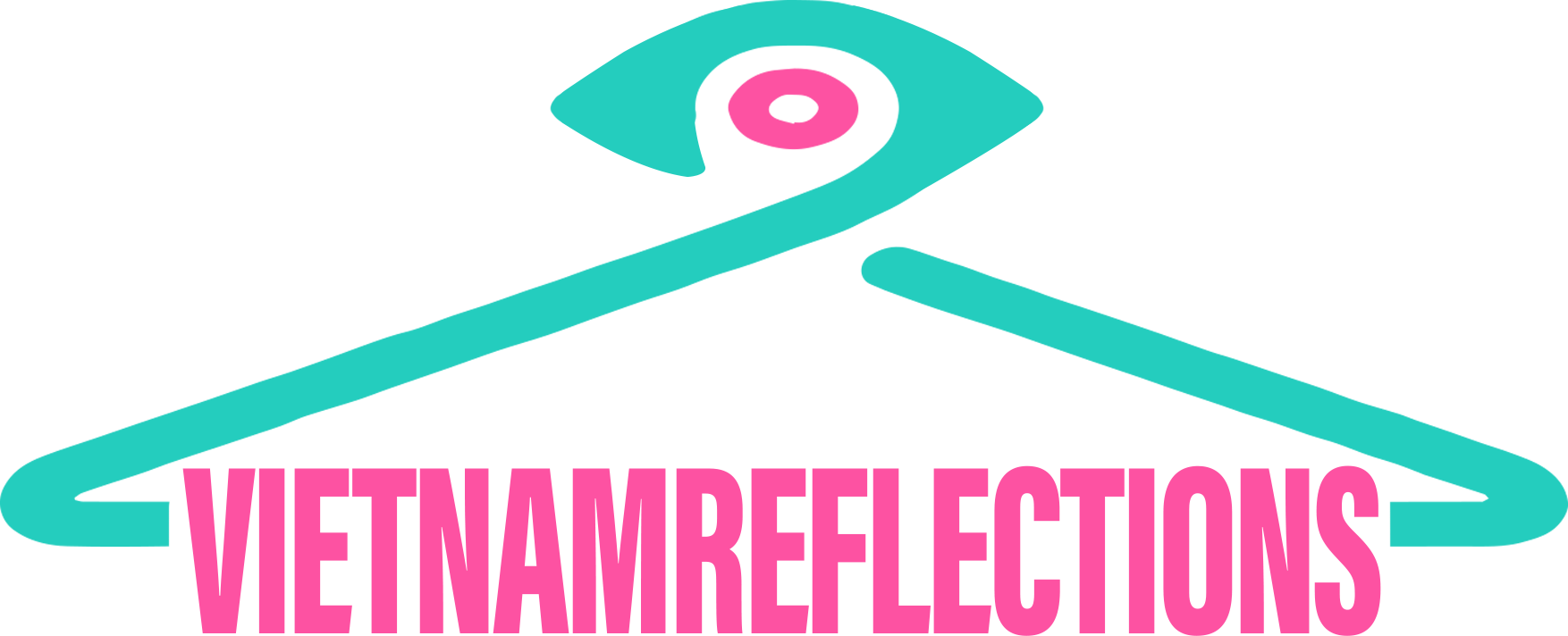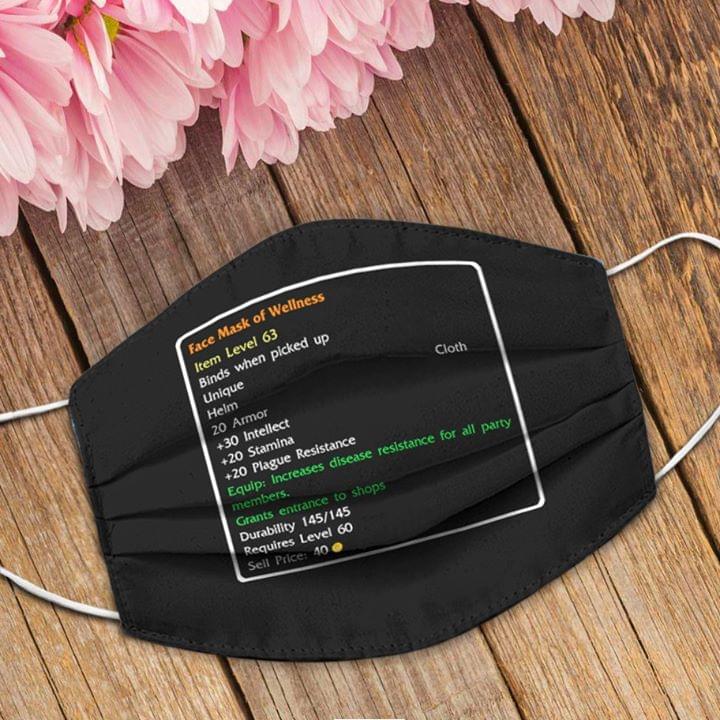
BUY THIS PRODUCTS FROM AMAZON.COM HERE
ANDIEZ Life is Better with Coffee Cats and Yoga Poster
✅ Printed in the USA
✅ High-quality
✅ Order at amazon.com
ANDIEZ Life is Better with Coffee Cats and Yoga Poster
Such critics point out that industrial projects bring hundreds—even thousands—of transient workers from across Canada into remote communities, where they typically live in shared accommodations. Meanwhile, Indigenous workers on such projects often go home to their families.
This has all put Indigenous people at higher risk of catching COVID-19 when they’re already more vulnerable to the disease due to long-standing health inequities, including disproportionate exposure to polluting industries and lack of access to health care. And, as predicted, there have been several outbreaks at industrial work sites across Canada, including at two Coastal GasLink camps. Some have spread to the Indigenous communities nearby.
“It’s like purposefully infecting our people with this disease that’s killing off our most sacred knowledge holders and language keepers,” says Sleydo’ (Molly Wickham). A supporting chief in the Cas Yikh House of the Gidimt’en Clan, one of five Wet’suwet’en clans, she has just attended the memorial of an Elder, one of several to have died from COVID. “We’re never going to be able to recover from those losses. I’m so angry because it was 100 percent preventable.” ANDIEZ Life is Better with Coffee Cats and Yoga Poster
Critics say allowing industrial projects to press on with full knowledge of how Indigenous people could be affected is exposing and exacerbating environmental racism. That’s what it’s called when governments and corporations disproportionately locate polluting industries and hazardous sites in Indigenous, Black and other racialized communities—particularly those that lack the economic, political or social clout to fight back.
Environmental racism has long exposed people to a wide range of health-harming pollutants that have been linked to serious illnesses, including cancer, lung disease and heart conditions. Those ailments, in turn, make people more vulnerable to COVID-19.
Now, as industrial projects continue on during the pandemic, COVID-19 itself can be seen as yet another pollutant being circulated by industry. And experts warn we’ll see more pandemics if we continue to exploit our natural environment.
Visit our Social Network: Pinterest, Blogger, and see more at our collection.





